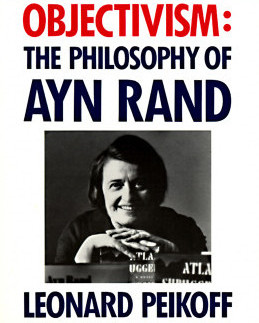An excerpt from chapter 2 on Sense Perception & Volition from Objectivism: The Philosophy of Ayn Rand by Leonard Peikoff.
So far, I have been considering sensory awareness as an adult phenomenon. Chronologically, however, there are two stages in man’s development of such awareness: sensation and perception. This is a distinction with important philosophic implications.
The first stage of consciousness is that of sensation. A “sensation” is an irreducible state of awareness produced by the action of a stimulus on a sense organ. “Irreducible” here means: incapable of being analyzed into simpler conscious units. By its nature, a sensation lasts only as long as the stimulus. When light waves strike the retina, for instance, they produce a sensation of color; when the light is removed, the sensation disappears.
The most primitive conscious organisms appear to possess only the capacity of sensation. The conscious life of such organisms is the experience of isolated, fleeting data—fleeting, because the organisms are bombarded by a flux of stimuli. These creatures confront a kaleidoscopic succession of new worlds, each swept away by the next as the stimuli involved fade or change. Since such consciousnesses do not retain their mental contents, they can hardly detect relationships among them. To such mentalities, the universe is, in William James’s apt description, a “blooming, buzzing confusion.”
Human infants start their lives in this state and remain in it for perhaps a matter of months; but no one reading these words suffers such a state now. When you the reader …
Read the rest in Objectivism: The Philosophy of Ayn Rand.
